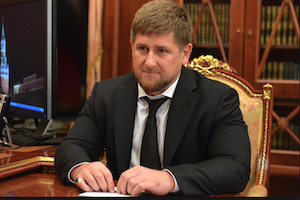June 23 Makahchkala Attacks: Implications for the Kremlin
By Emil A. Souleimanov and Huseyn Aliyev
July 3, 2024
On June 23, a series of coordinated attacks were carried out in Dagestan’s two largest cities Makhachkala and Derbent, targeting Orthodox churches, synagogues, and a traffic police post. The attacks left 26 people dead (including five attackers) and dozens injured. This attack signaled the apparent revival of the jihadist scene in Russia’s largest and demographically most populous North Caucasus republic, fuelled in part by increasing antisemitic tension and militarism due to the ongoing war in the Gaza Strip and Russia’s invasion of Ukraine. This new upsurge of violence can also be attributed to the worsening socio-economic conditions in the republic, the over-engagement of the law enforcement and security services with the war in Ukraine, and the accumulation of general discontent among Dagestani youth with limited channels for peaceful expression.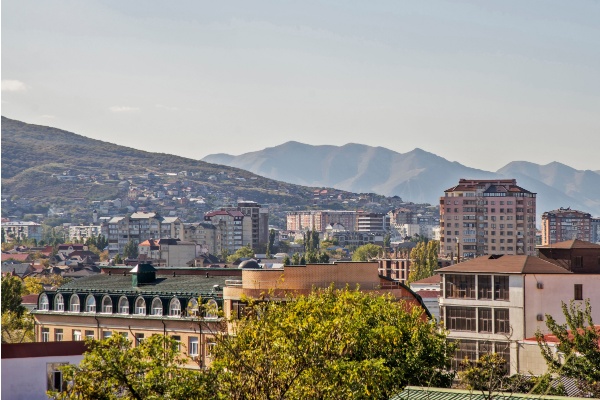
Kremlin Appoints New Government in Ingushetia
By Huseyn Aliyev
September 12, 2019, the CACI Analyst
On June 24, the head of Russia’s North Caucasus Republic of Ingushetia, Yunus-bek Yevkurov, announced his decision to retire. Two days later, President Putin promptly accepted Yevkurov’s retirement and appointed former prosecutor general Makhmud-Ali Kalimatov as the interim head of republic. In the aftermath of the criticized land swap with Chechnya in the late 2018, Yevkurov engaged in a bitter conflict with powerful Ingush clans, civil society and religious leaders. His growing unpopularity resulted in violent protests and discontent with the Kremlin. Yevkurov’s retirement is yet another attempt by Moscow to tackle the issue of poor governance in the restive North Caucasus region.
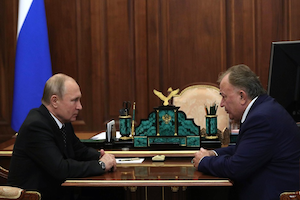
Russia's Strategic Economic Projects in the Caspian: Reality and Perspectives
By Nurlan Aliyev
July 22, 2019, the CACI Analyst
Russia’s minister of North Caucasus Affairs Sergey Chebotarev recently stated that Russia’s ports in the Caspian and Black Seas will become hubs in a new transport corridor, providing an alternative to the current transport corridor through the South Caucasus. In April, presidential adviser Igor Levitin underlined the necessity of transport projects in the Caspian Sea, aiming to connect Russia’s North and the South transportation links. The Russian government has recently announced several ambitious projects in the Caspian, designed to improve Russia’s strategic and economic presence in the region.
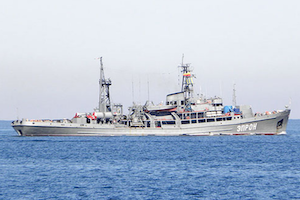
Political Crisis is Looming in Ingushetia
By Huseyn Aliyev
October 2, 2018, the CACI Analyst
On May 27, Ingushetia’s Muftiate (The Muslim Spiritual Center of Ingushetia) excommunicated Yunus-bek Yevkurov, head of the autonomous republic in Russia’s North Caucasus. According to the head of the Muftiate, Isa Khamkhoev, the excommunication implies that Yevkurov is no longer a Muslim and is not allowed to participate in wedding and funeral ceremonies or other Muslim events in the republic. The Muftiate motivated its decision with Yevkurov’s persecution of the religious community, the illegal use of administrative resources to lobby against the Muftiate, and the use of security forces to seize land allocated for a mosque in the capital city Magas. Notwithstanding the excommunication, Yevkurov was reelected as the head of republic in the September 9 local elections.
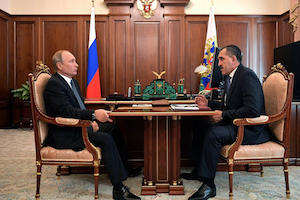
Families of ISIS Fighters Return to North Caucasus
By Huseyn Aliyev
May 23, 2018, the CACI Analyst
Since December 2017, following the military defeat of the terrorist organization known as the Islamic State in Iraq and Syria (ISIS), several hundred Russian citizens, mostly from the North Caucasian republics of Chechnya, Dagestan and Ingushetia, have been brought back to Russia from Syria and Iraq. The returnees are families of ISIS fighters from the North Caucasus. So far, authorities have detained and prosecuted many returnees upon their return to the North Caucasus. The Chechen leader Ramzan Kadyrov has masterminded the return of North Caucasus nationals from the Middle East, using the opportunity to boost his image as a regional leader.
